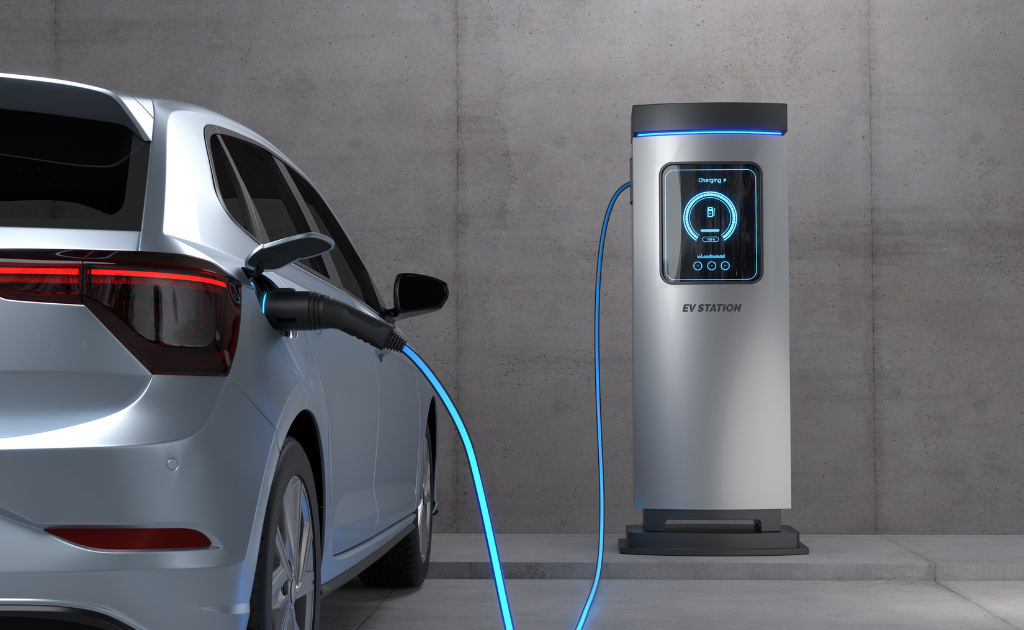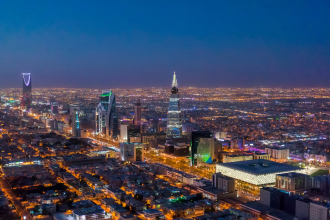As Saudi Arabia accelerates its push toward sustainability, the electric vehicle (EV) sector is emerging as a high-potential market—especially in the wake of Tesla’s official entry into the Kingdom. With plans for pop-up stores, online ordering, and charging infrastructure, Tesla isn’t just selling cars—it’s stimulating an entire ecosystem.
A Market Ripe for EV Infrastructure
Saudi Arabia’s Vision 2030 outlines an ambitious plan to diversify its economy and reduce dependence on oil. One of its core targets is achieving 30% EV adoption by 2030 in Riyadh alone, a figure that requires rapid development of charging infrastructure to support both individual consumers and fleet operators.
As of now, the Kingdom has limited fast-charging availability outside of key urban centers. This presents an urgent need—and a golden business opportunity.
Why Investors Should Pay Attention
Charging stations will be the gas stations of the future. With Tesla’s entry, demand for convenient, fast, and reliable charging will skyrocket. And here’s why it matters for investors:
-
First-mover advantage: Investors entering early can establish prime locations in high-traffic areas, malls, and major highways.
-
Government backing: Saudi authorities have shown strong regulatory support for clean energy initiatives and infrastructure development.
-
Strategic partnerships: There’s growing potential for public-private collaboration to scale up the network and integrate renewable energy sources.
Tech + Real Estate = Dual Opportunity
The EV charging space combines two booming sectors: technology and real estate. Investors with land or access to retail zones can offer not just charging, but bundled services like cafes, lounges, or retail outlets, increasing dwell time and revenue per visitor.
Moreover, smart charging solutions, payment apps, and data analytics can become lucrative tech plays within this ecosystem, opening doors for SaaS providers and energy management startups.
What Tesla’s Presence Means
Tesla tends to be a catalyst wherever it operates. Its supercharger network sets the benchmark for performance and convenience. While Tesla may build its own chargers, third-party investors have an opportunity to support the broader EV market, including other upcoming players like Lucid and Chinese EV brands.
Saudi Arabia’s EV infrastructure is more than a transportation upgrade—it’s a new vertical for business and innovation. For forward-looking investors, setting up charging stations now is like buying prime land before a gold rush.










